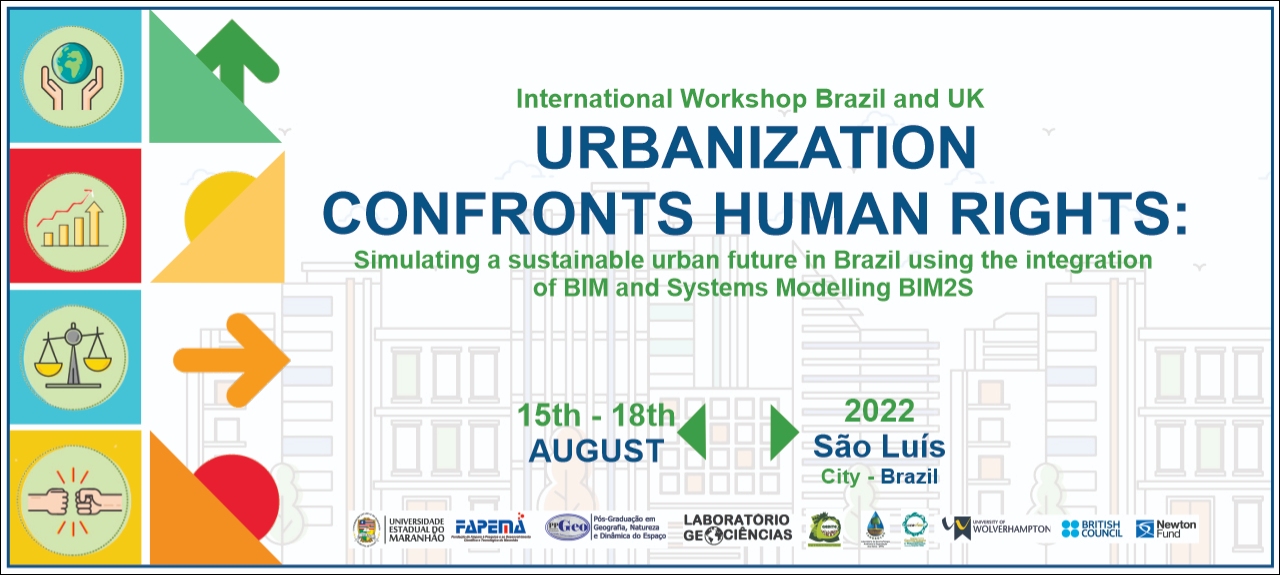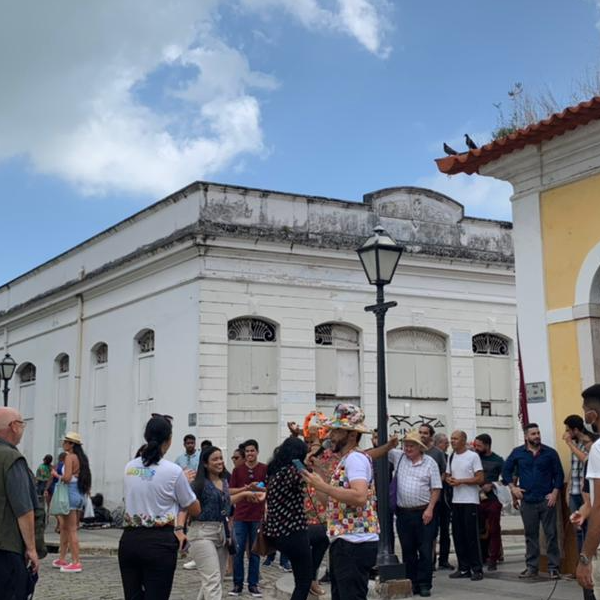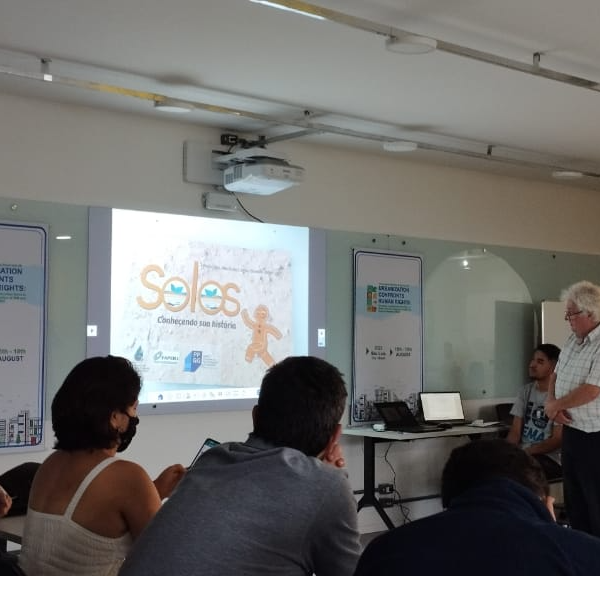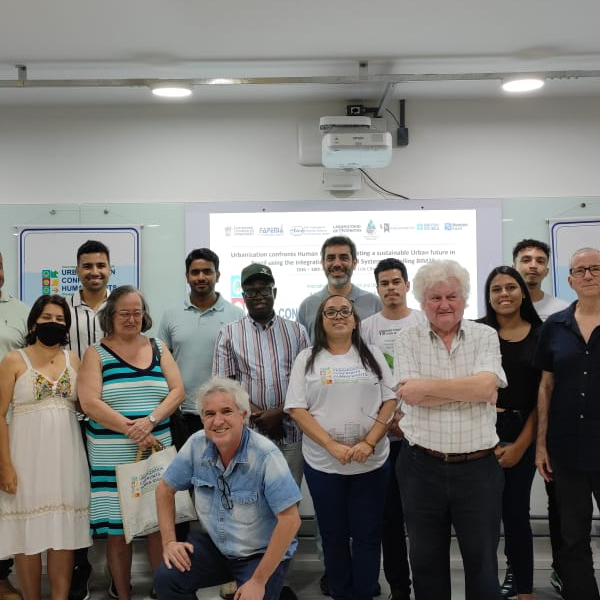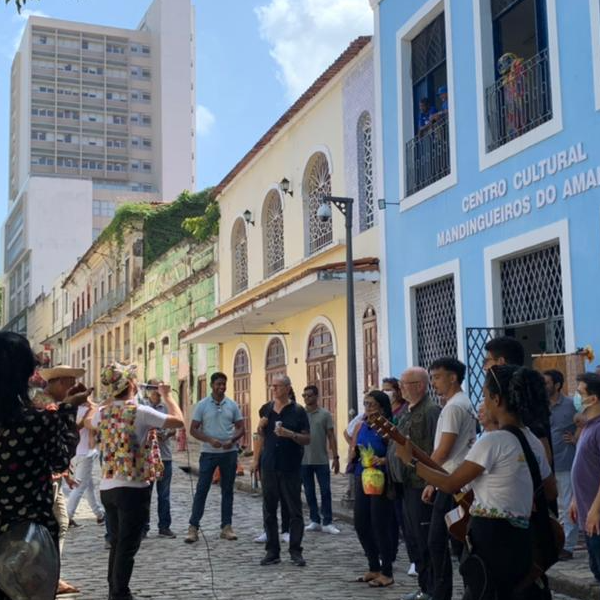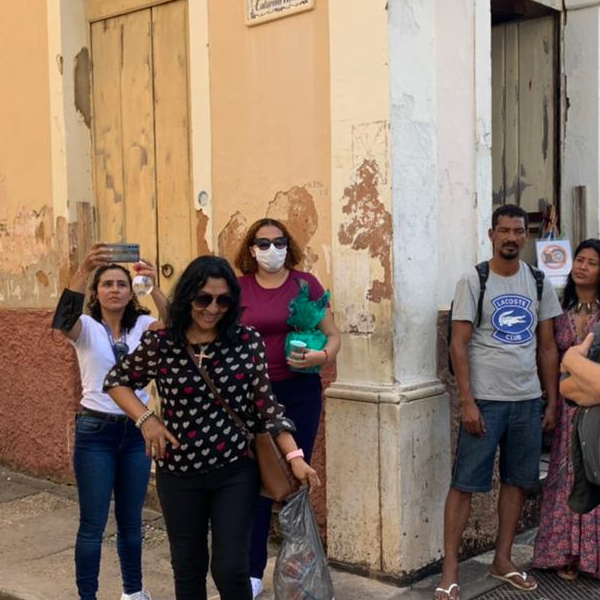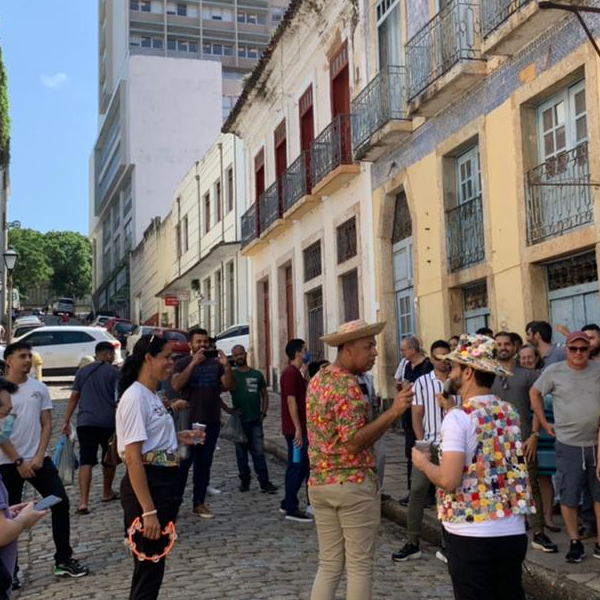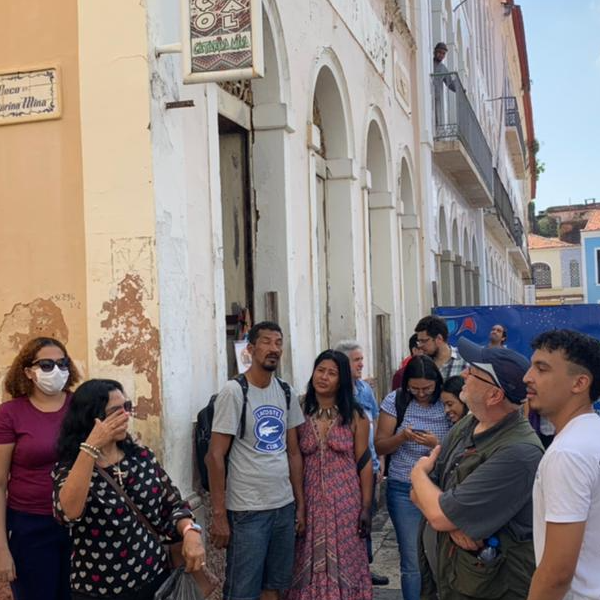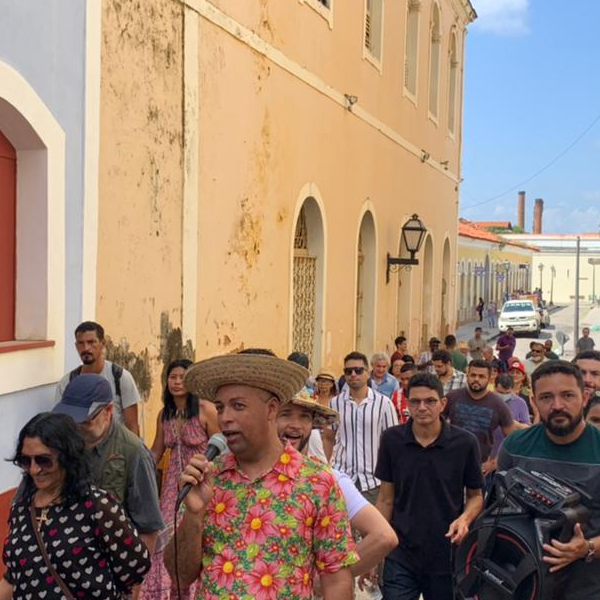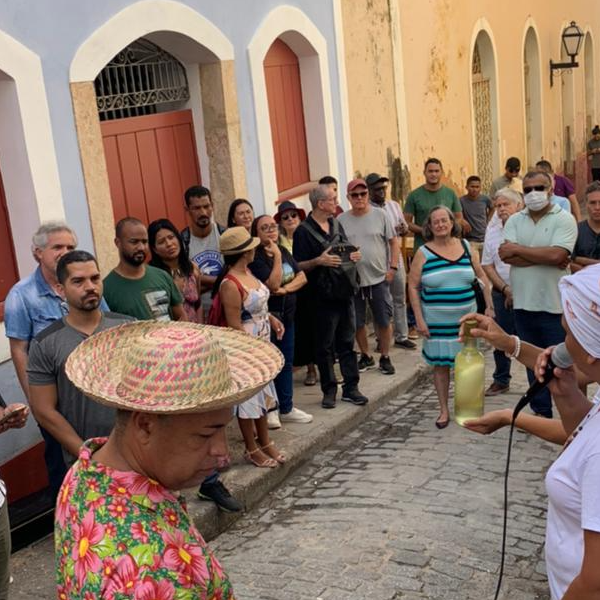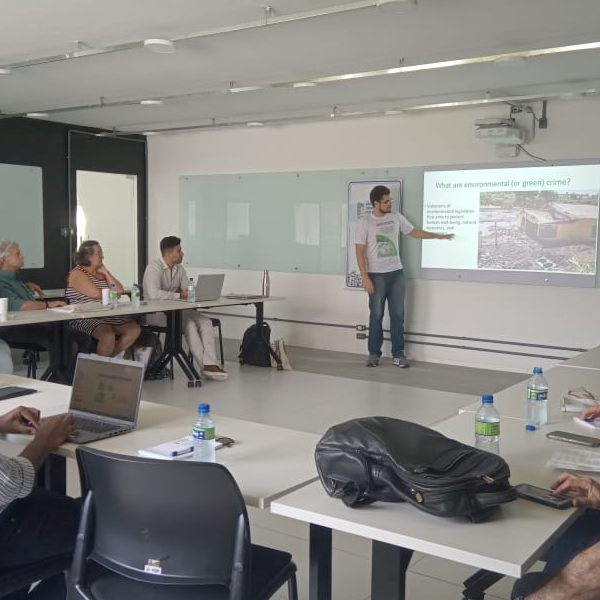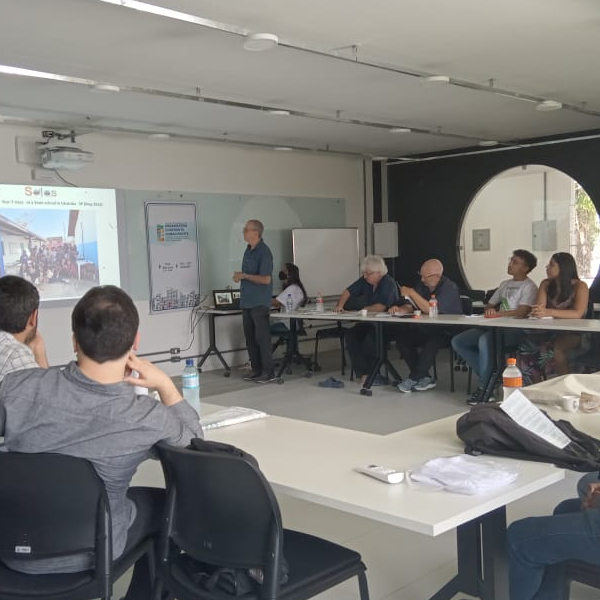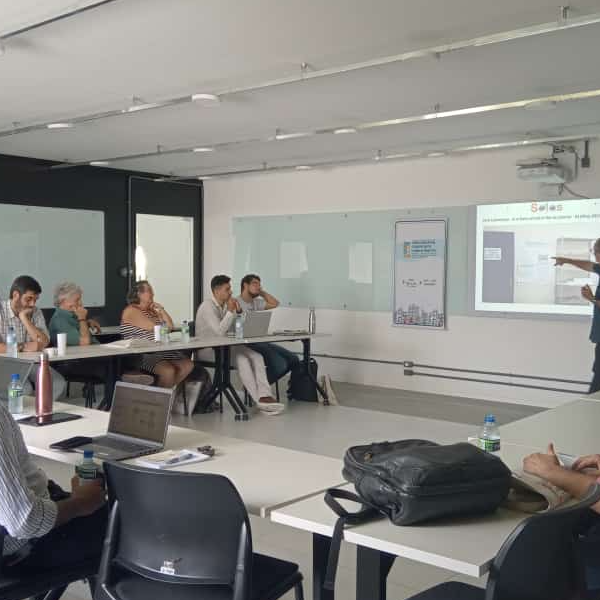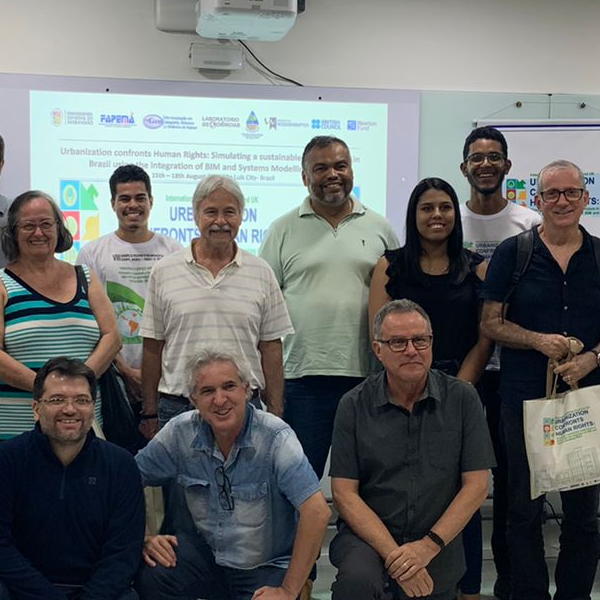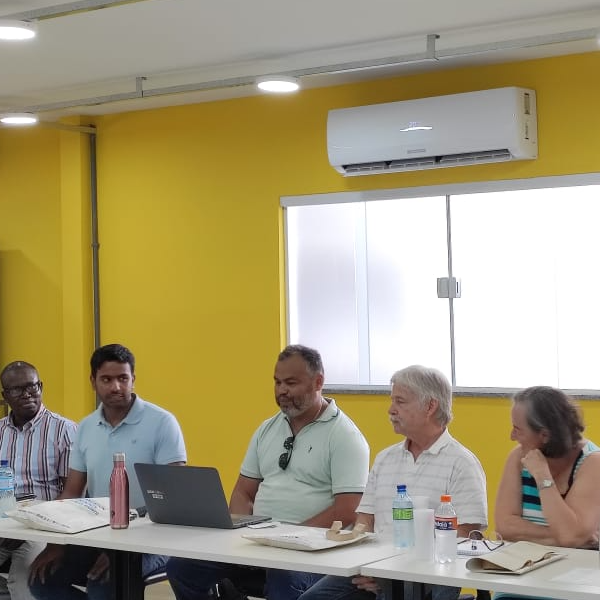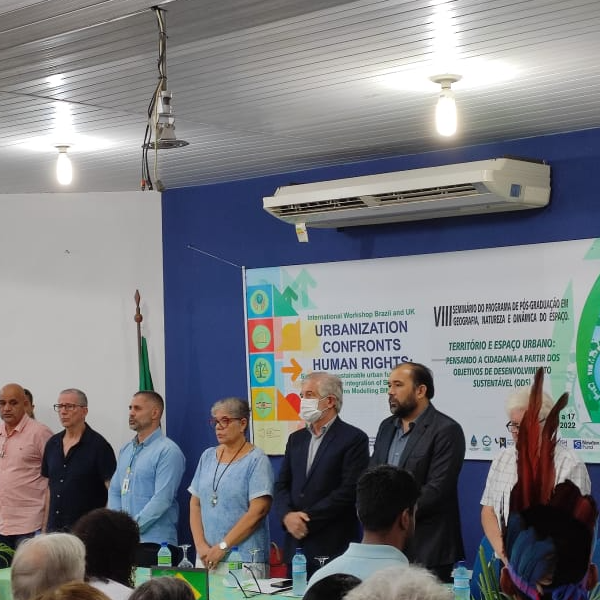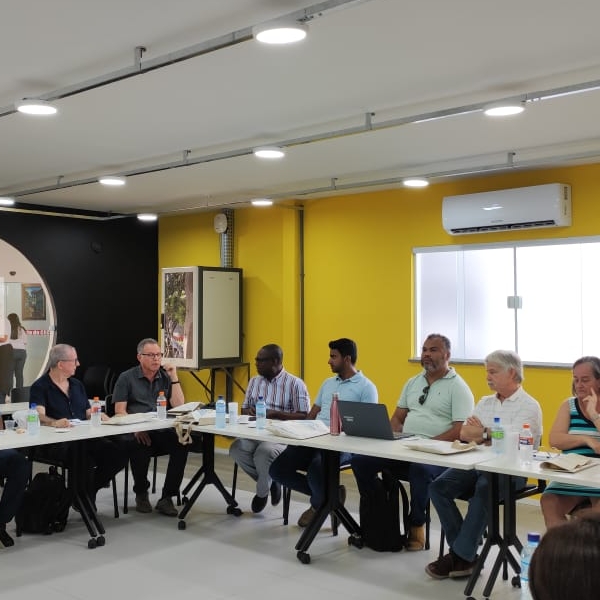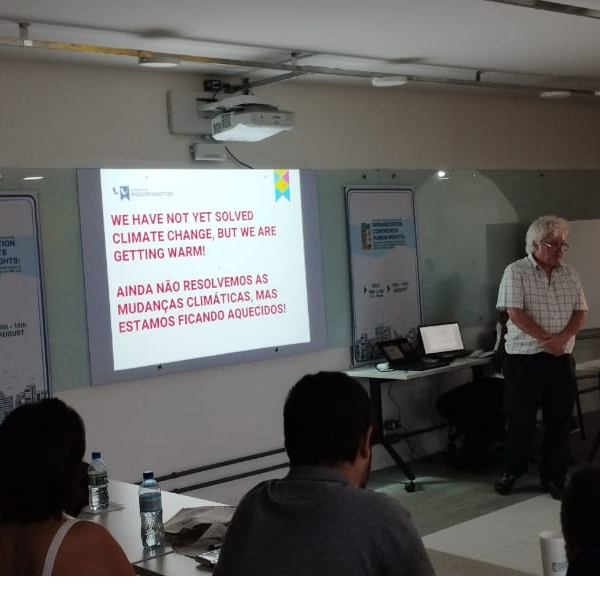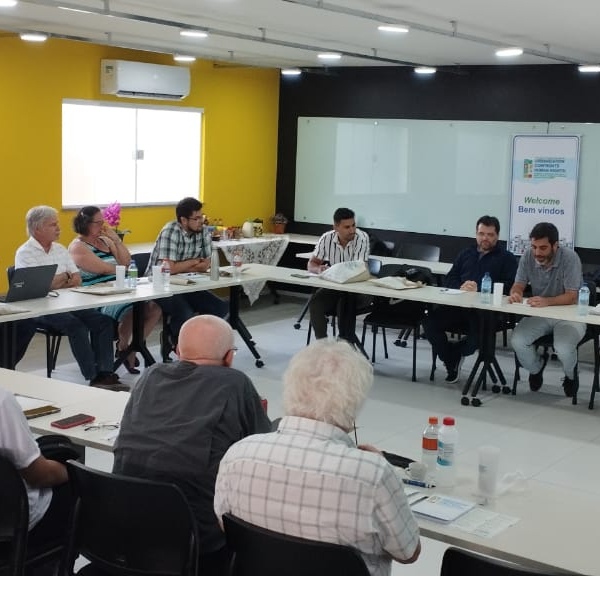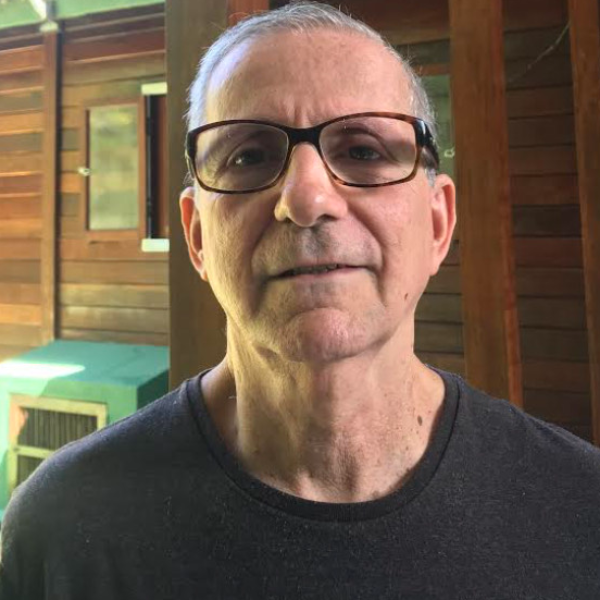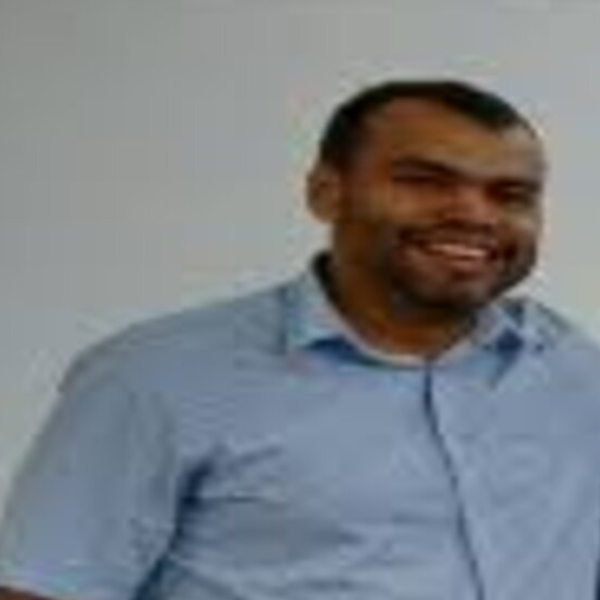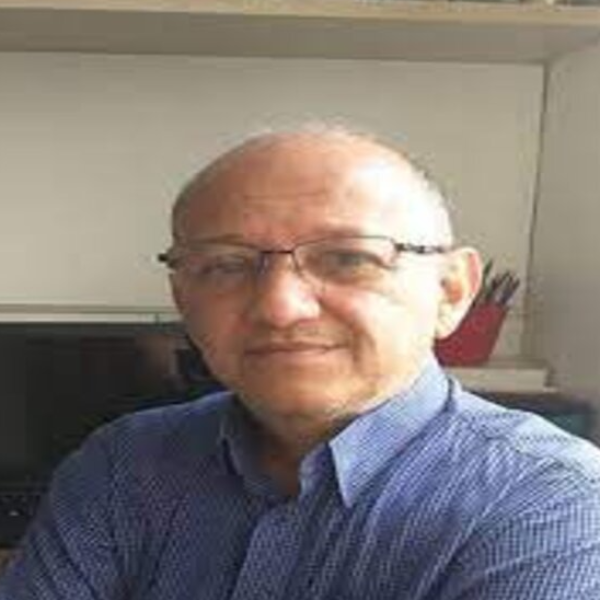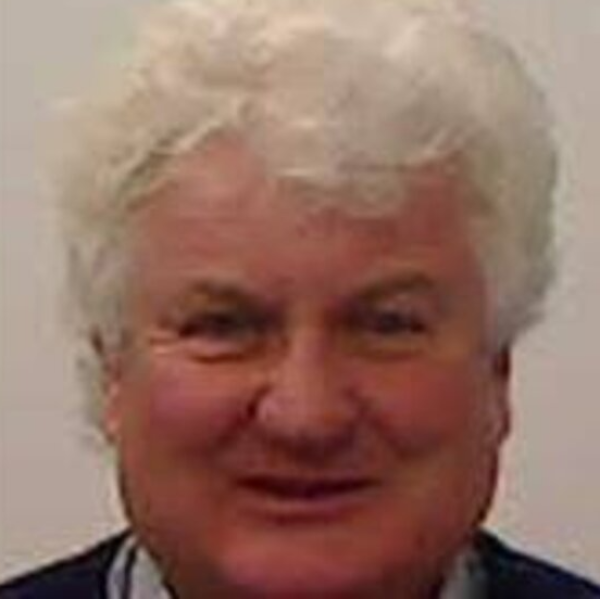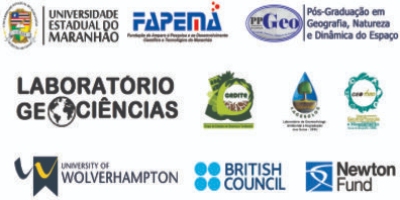Brazil has one of the fastest-growing economies in the world. This type of growth invariably leading to urbanisation, which refers to the development of urban areas and the migration of people from rural areas into city centres (brazil.org, 2018). This rapid urbanisation has proliferated challenges like access to fundamental human rights such as shelter, food and security. Urban development programmes for social housing are inapt and fail to deliver socio-economic benefits. Such complex challenges set back economic development and directly affect the most vulnerable in society, such as children and women. Unplanned development also challenges human rights directly.
The human right to adequate housing is recognised in international human rights law as a component of the right to an adequate standard of living, enshrined in the Universal Declaration of Human Rights (UDHR, adopted in 1948) and the International Covenant on Economic, Social and Cultural Rights (ICESCR, adopted in 1966). However, in Brazil, there is a poor standard of living, unemployment, unstable economy, inflation, women’s and minority’s underrepresentation, and children vulnerability to disease in many areas. There is a need to address these issues in a strategic way which emphasises sustainable development.
The BIM2S workshop will highlight the issues and challenges and will develop a roadmap to adopt BIM and system modelling for urban planning in the Brazilian context. Researchers from both countries, especially from Brazil, will hugely benefit from the workshop by learning about the advance application of BIM and system modelling (SM). BIM2S also fits in Brazil’s 2030 agenda of smart, sustainable development (UNESCO, 2015). BIM2S (BIM to Sustainable development) workshop will strive to develop a research roadmap simulate a BIM-integrated social urban development programme. This diverse gathering will highlight urbanisation challenges of Brazil, how they are affecting human rights, and how technologies such as BIM and simulation modelling (SM) could be applied to develop sustainable development roadmap.
The target audience for the workshop includes early career researchers (ECRs) from various disciplines, including the built environment, human rights, BIM, simulation modelling, urban planning, smart cities, architecture and policy development. This will provide a unique opportunity to propose multi-disciplinary approaches for sustainable urban development challenges. The participants from the UK will come from leading universities, research centres, industry and policymaking institutions to foster a multi-sectoral approach helping in group sessions and leading towards a comprehensive future policy making.
